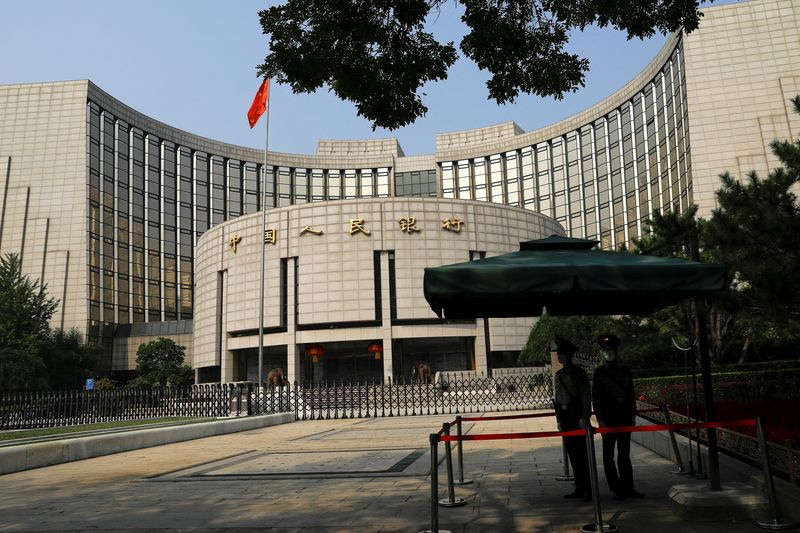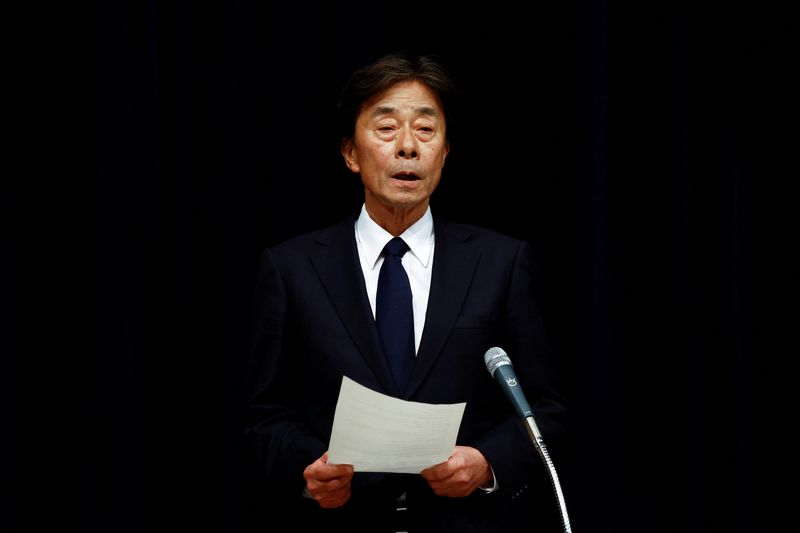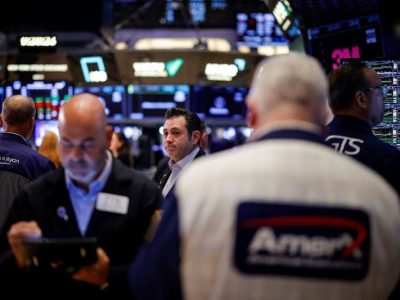
BRUSSELS (Reuters) – The European Union needs far more coordinated industrial policy, more rapid decisions and massive investment if it wants to keep pace with economic rivals the United States and China, Mario Draghi said on Monday in a long-awaited report.
Here are the main recommendations by the former European Central Bank president, who had been commissioned to look at ways that the European Union could boost the competitiveness of its economy.
INVESTMENTS
Draghi said the proposals outlined in his report would require minimum annual additional investment of 750-800 billion euros a year, which he recognised as “massive investment needs unseen for half a century in Europe” entailing a 5%-point rise in the bloc’s total investment-to-GDP rate. By comparison, he noted the additional investments provided by the Marshall Plan in 1948-51 amounted annually to around 1-2% of GDP in receiving countries.
While the report insists the region can meet such investment needs “without overstretching”, it added that the private sector would need public support to finance the plan. However – broaching an area which some member states have long resisted – it noted that the EU should “move towards” regular joint borrowing to enable joint investment projects.
German Finance Minister Christian Lindner said Germany would not agree to this.
COMPETITION
The report called for a revamp of EU competition rules, with regulators urged to be more forward-looking and agile to help European businesses gain scale to compete with Chinese and American giants and to focus more on boosting innovation in Europe.
The report said regulators should facilitate telecoms mergers by assessing deals on an EU level and not national level, echoing criticism from the sector on current EU rules. It said enforcers should also take into account operators’ investment plans.
The report recommended giving more weight to security and resilience in antitrust decisions.
It also called for more resources to allow regulators to enforce landmark tech rules known as the Digital Markets Act aimed at reining in Big Tech and the Foreign Subsidies Regulation targeted at illegal non-EU state aid.
DECISION-MAKING
The report suggested so-called qualified majority voting – rather than a need for unanimity – should be extended to more areas, and as a last resort that like-minded nations be allowed to go it alone on some projects.
“It will require refocusing the work of the EU on the most pressing issues, ensuring efficient policy coordination behind common goals, and using existing governance procedures in a new way that allow Member States who want to move faster to do so.”
TRADE
Draghi said Europe is the most open economy in the world, but when partners no longer played by global rules, it was more vulnerable than others. It should prioritise trade agreements and direct investment with resource-rich countries and defend itself to level the playing field.
“We can’t be softer or harder across the board. We have to look at specific sectors and decide what we want to do,” Draghi said.
Draghi said it made less sense to support industry in areas where Europe had clearly lost its competitive advantage, such as solar panels, but was more logical to some local industry to ensure security of supply for a sector in its infancy against state-led competition from abroad.
SKILLS/INNOVATION
The EU is strong in patenting and scientific publications, the report says, but its pool of innovative companies is small compared to the United States and China and its start-up face issues scaling up. Many relocate, mostly to the United States.
On skills, around a quarter of European companies have faced difficulty in finding employees with the right skills and another half reported some difficulties. The need to address the skills shortage is acute, Draghi said, with a need to focus on adult learning and on preparing students with the right skills for a rapidly evolving economy rather than just issuing diplomas.
(Writing and reporting by Philip Blenkinsop, Mark John and Foo Yun Chee; Editing by Hugh Lawson)












